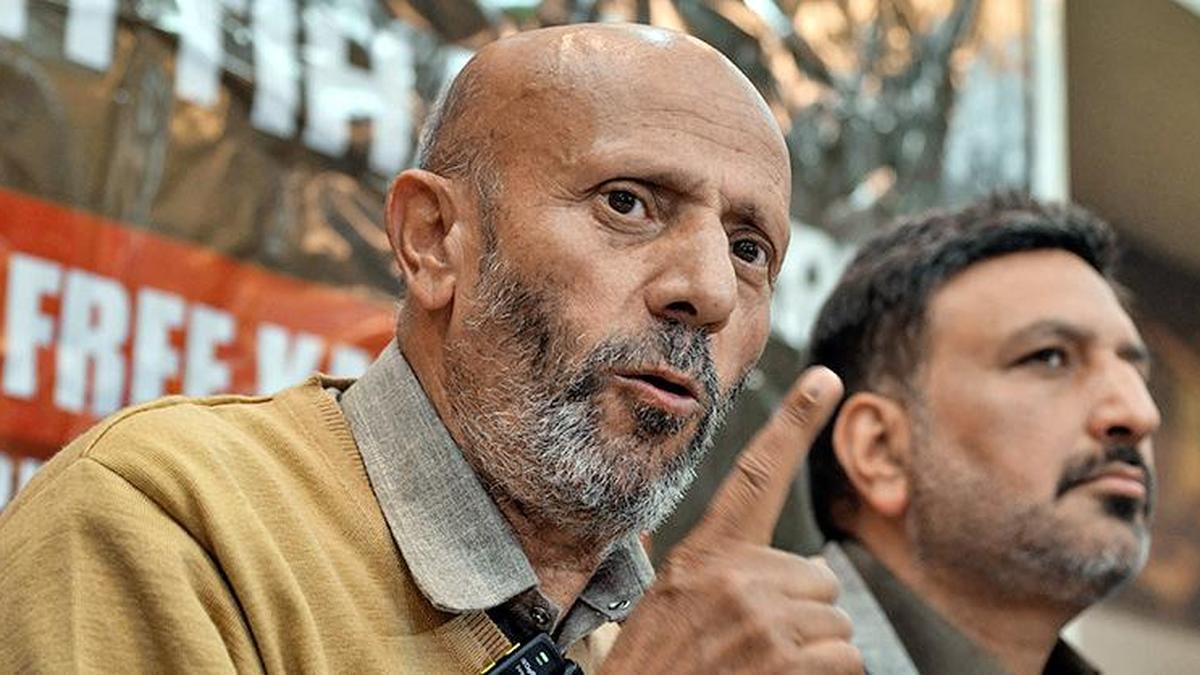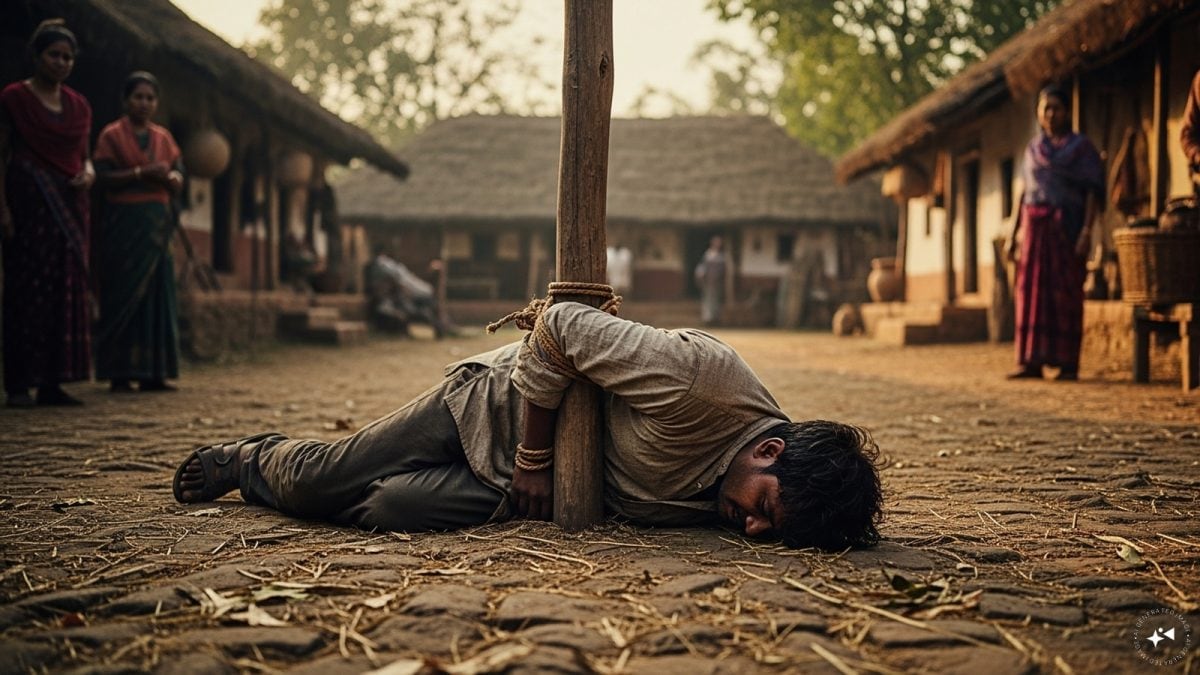A powerful economic shift is taking shape in Telangana, one that is not led by big corporates or global investors, but by thousands of women who once operated within informal savings groups. What began as neighbourhood collectives built on thrift and mutual support is now evolving into a pipeline of first-generation entrepreneurs. Self-Help Group (SHG) women are setting up businesses, registering Micro, Small & Medium Enterprises (MSMEs) and entering markets that were once out of reach.
At the centre of this transformation is the State government’s ambitious mission to make one crore SHG women 'crorepatis'. To push this vision into action, Telangana has rolled out a slew of flagship programmes such as Indira Mahila Shakti, We-Hub Acceleration Programme, and the World Bank-assisted Raising and Accelerating MSME Performance (RAMP) initiative, all of which are designed to move SHGs from informal economic activity into structured enterprise.
The timing of this push is strategic. Telangana recently recorded the highest per capita income in the country for 2024-25, with an estimated net state domestic product (NSDP) of around ₹3.87 lakh per person. Women-led entrepreneurship is now being positioned as a key lever to realise Chief Minister A. Revanth Reddy’s goal of building a $1 trillion Telangana economy by 2034–35.
The upcoming ‘Telangana Rising Vision 2047’ document, set to be released on December 9, will lay out the roadmap for how SHG-driven enterprise will power this long-term economic vision.
To fuel this momentum, the State has rolled out the MSME Policy 2024 that places women-led businesses at the centre of its growth strategy. It offers a special package of incentives including an additional 20% capital subsidy (up to ₹10 lakh), 100% SGST reimbursement for five years and power tariff rebates. The State is also developing dedicated industrial parks for women entrepreneurs and creating access to financial aid and training.
Under the RAMP programme, 56 SHGs and women-led startups have already received handholding support towards a target of 2,000. Awareness and skills training has been conducted for 83 SHGs and 181 SHG members across focus sectors such as garments, food processing, handicrafts and electronics , enabling them to move from informal setups to registered MSMEs with clearer market pathways and formal business structures.
Parallelly, the State is pushing for scale through the We-Hub Women Acceleration Programme, which focuses on women-owned startups in consumer services and retail technology. The initiative plans to support 140 startups over four years through structured acceleration cohorts. So far, 45 entrepreneurs have been selected and trained in enterprise formalisation, market integration and export readiness.
From SHGs to success stories
At the grassroots, the Indira Mahila Shakti initiative is turning SHGs into collective business units rather than just savings groups. The programme has been reimagined to promote group enterprises and provide end-to-end support from financing and training to branding and market access.
This shift is already producing tangible results. In an inspiring example, officials say Radha Rani of Wanaparthy district expanded her small home kitchen into the Indira Mahila Shakti Meenakshi Food Truck with a ₹6 lakh investment under the Mission for Elimination of Poverty in Municipal Areas. Her income has now crossed ₹3,000 a day, more than double what she previously earned.
In Seetharampuram of Karimnagar district, five SHG members formed the Swapna Indira Mahila Shakti Event Management Group. Once homemakers, they now manage catering, decoration and sound systems for events. With a ₹10 lakh loan under the scheme, they earn an average of ₹23,000 per month each, while creating employment for over 50 women in the process.
Creating jobs and dignity
In another empowering move, the government has school maintenance and uniform stitching contracts to SHGs. Through the Indira Mahila Shakti Stitching Centres, SHG women have delivered uniforms for 10.61 lakh government schoolchildren, generating ₹7.96 crore in revenue. The stitching rate has been raised from ₹50 to ₹75 per pair, benefiting 17,381 SHG members across Telangana.
Ideas to scalable enterprises
Entrepreneurs like Shruti Inugurthi, founder of Ahan Metal Solutions, are redefining what women-led enterprises can achieve. Using Virtual Reality (VR) technology for pre-construction visualisation, her firm caters to industrial and commercial infrastructure projects. “We-Hub helped me believe that I can take my modest business to corporate level. Their support gave me confidence, visibility and direction to grow,” she says.
“Telangana women are no longer just participants, they are leaders of a new economic era,” says an official of the Industries Department.
With thousands of SHGs evolving into thriving enterprises, Telangana’s mission to make one crore women crorepatis is a movement gathering momentum.

 1 hour ago
6
1 hour ago
6








 English (US) ·
English (US) ·